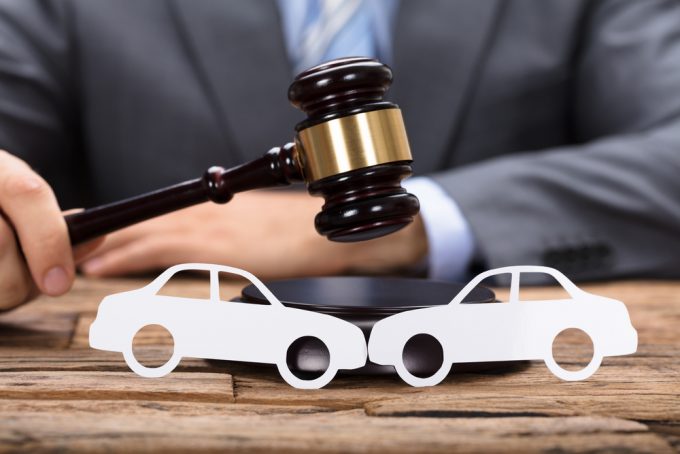What to look for in a car accident in the United States

It is often said that the United States is a "country on wheels". Those of you who live in the United States should have a deep understanding of this phrase. If you drive a lot in life, you will inevitably be involved in a large or small traffic accident. So, what should we do when we are involved in a car accident in the United States?
Always be prepared: We should always have various tools in the car that can provide evidence, such as pen and paper, insurance cards, vehicle registration information, tools that can take pictures such as cell phones, etc.
Be calm and deal with the other party calmly: Once a car accident occurs, you should do "no blame, no fault". Before determining which party is at fault, keep a calm attitude and negotiate with the other party. If the other party pays the main responsibility for the accident, we should not blame the other party in a stern voice. If the responsibility is on our side, we should not be justified to apologize to the other party. Such an approach will facilitate your litigation and reporting in the subsequent handling.
Collecting Evidence: Evidence should be collected immediately after a car accident. First collect personal and vehicle information, including: name, address, phone number, insurance information, license plate number, VIN number, and then collect evidence of the condition of both vehicles after the accident, using a cell phone or other tool with a photo function to take pictures of the damaged and unbroken parts of the vehicle as evidence.
Find witnesses: Immediately after the accident, you should find witnesses at the scene, leave your contact information and personal information to the witnesses, and leave the contact information and personal information of the witnesses.
Call the police: No accident is too big or too small, so don't feel that you don't need to call the police for small cuts and scrapes. The police are the best witnesses to an incident because they keep detailed records of the scene, large and small. Even if you call the police and they decide not to look at the scene, your call to the police will leave a record of the report, which will help you deal with the aftermath of the accident.
Contact your insurance company: After a car accident, always remember to contact your insurance company and have them pay for the damages to you and your vehicle.
Seek the help of a professional attorney: After the accident, in the process of communicating with your or the other party's insurance company, if you feel that your insurance company has not fully settled your damages or has harmed you, you should seek the help of a professional attorney to defend your rights.
In reality, there are various special circumstances at the scene of an accident, such as the other party refusing to disclose personal and vehicle information.
You should kindly explain to the other party that "it is the obligation of both parties to leave information to each other". If the other party insists on refusing to communicate, you can indicate that you will report the other party's lack of cooperation to the police, which will constitute "fleeing the scene after the accident".
The other party offers to settle the accident privately on the spot: In principle, we do not advocate a private settlement on the spot. First of all, you may not feel the injury on the scene of the accident. Secondly, if the accident is settled privately, the other party may change their mind later and file a lawsuit against you.
In the event of a scuffle with a government vehicle such as a post office vehicle, fire truck, etc.: You should contact your insurance company immediately to report the accident. The time limit for filing a lawsuit with the government is very short, usually 30-90 days. After this period, you will not have the right to file a lawsuit.